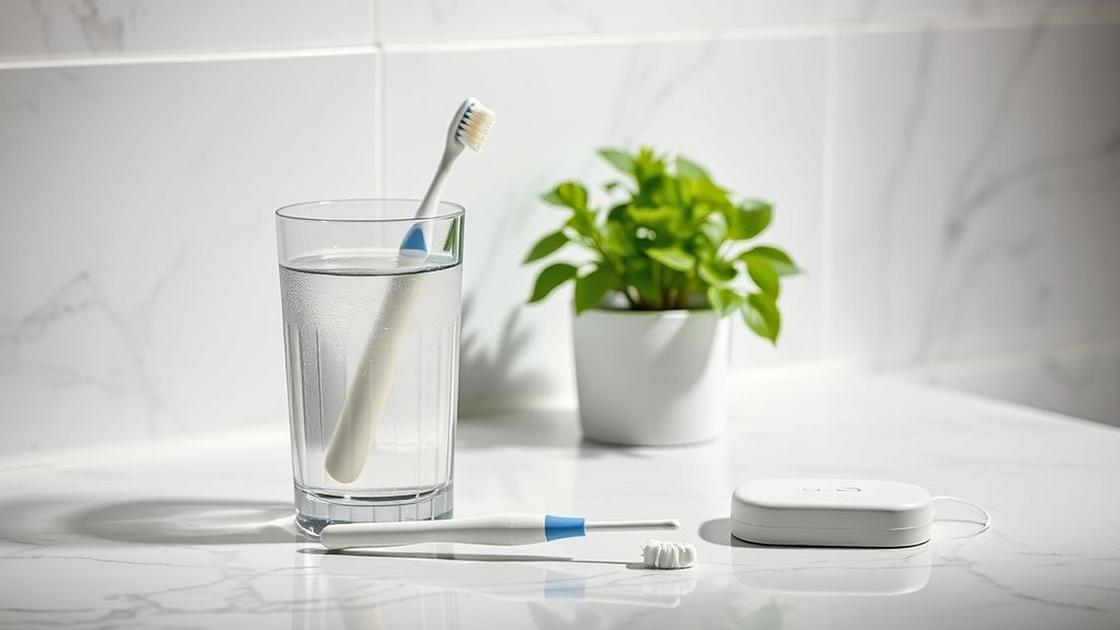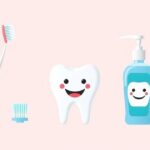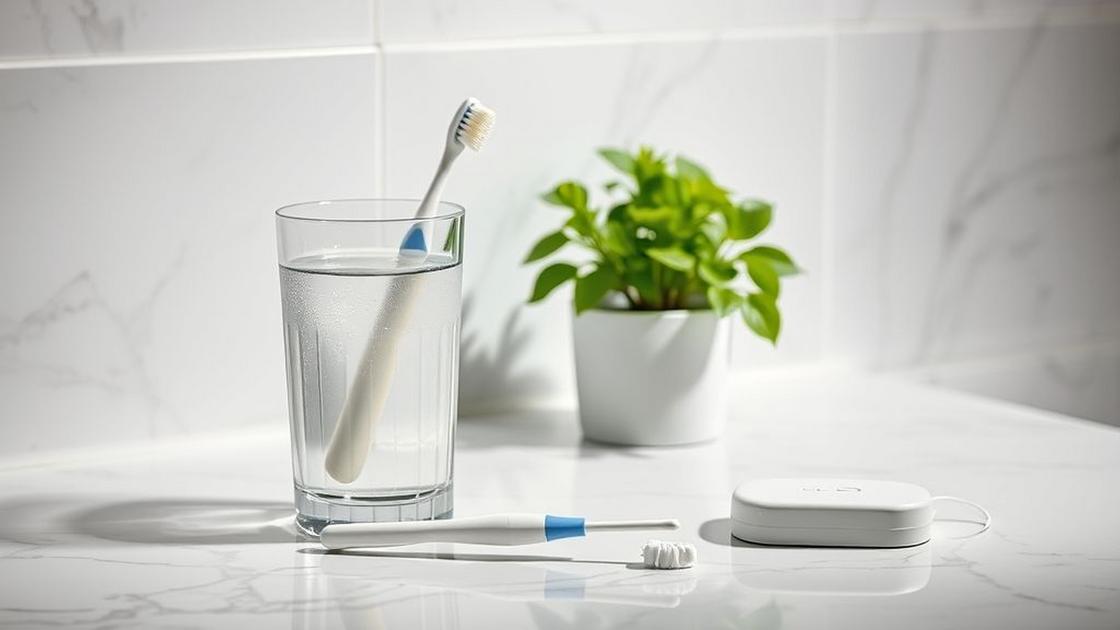Everyday dental care is crucial, especially while caring for your teeth at home without a dentist. If you’ve been struggling with dental issues or are simply keen on maintaining a healthy smile, understanding effective methods can make a world of difference. This article reveals practical strategies to ensure your teeth stay healthy and vibrant, empowering you to take control of your oral hygiene routine.
Understanding Dental Hygiene Basics
Dental hygiene is essential for maintaining healthy teeth and gums. It involves daily practices that help prevent cavities, gum disease, and bad breath. Understanding the basics of dental hygiene can empower you to take charge of your oral health right from the comfort of your home.
- Brush your teeth at least twice a day.
- Use a fluoride toothpaste to strengthen enamel.
- Replace your toothbrush every three to four months or when the bristles fray.
- Be mindful of the foods you consume, especially sugary and acidic drinks.
When you grasp the fundamentals of dental care, you make significant strides toward oral wellness. Remember, consistency is key; it can transform your smile and boost your confidence.
The Importance of Regular Teeth Cleaning
Regular teeth cleaning, whether done by yourself or a professional, is vital for long-term oral health. But how can you maintain that at home?
Daily habits make a big difference:
- Remove plaque: Plaque hides between your teeth and along the gum line, leading to decay.
- Prevent gum disease: Regular cleaning helps avoid infections that can lead to loss of teeth.
- Save money: Proper home care can decrease the need for costly dental procedures.
Developing a routine can ensure your teeth stay as clean and bright as when you leave the dentist’s office.
Natural Remedies for Whiter Teeth
If you’ve been longing for a bright smile, there are several natural remedies you can try at home:
- Baking soda: It can be used as a gentle abrasive to remove surface stains on your teeth.
- Activated charcoal: Some people swear by its ability to absorb stains and toxins.
- Strawberries: These contain malic acid, which may help remove discoloration.
- Coconut oil pulling: Swishing coconut oil in your mouth can help reduce plaque and whiten teeth.
Natural remedies are often gentle on your teeth and gums. Remember to limit their use to avoid potential abrasion if used excessively.
Effective Brushing Techniques You Should Use
Using the correct techniques while brushing your teeth can greatly affect your dental health. Here’s how to do it right:
- Brush for at least two minutes. Divide your mouth into four sections and spend 30 seconds on each.
- Use a soft-bristled brush to avoid damaging your gums.
- Brush at a 45-degree angle towards the gum line to clean thoroughly.
- Don’t forget to brush your tongue; this helps eliminate bacteria that cause bad breath.
Incorporating these techniques will ensure that you are maximizing your efforts in keeping your mouth fresh and clean.
How to Floss Properly at Home
Flossing is equally important as brushing but often overlooked. Here’s how you can floss effectively:
- Use about 18 inches of dental floss, winding most of it around your middle fingers.
- Hold the floss taut between your thumbs and forefingers.
- Gently slide the floss between your teeth, curving it around each tooth.
- Be sure to floss beneath the gum line, where plaque can build up.
Proper flossing can reach areas that a toothbrush may miss, leading to healthier gums and a brighter smile.
Foods That Are Great for Your Dental Health
Your diet plays a crucial role in your dental health. Incorporate the following foods into your meals:
- Dairy products: Cheese, yogurt, and milk are rich in calcium, which strengthens teeth.
- Fruits and vegetables: Crunchy options like apples and carrots can help scrub teeth and stimulate gums.
- Nuts: They contain minerals and are low in sugar, which is optimal for oral health.
- Leafy greens: They are rich in vitamins and minerals that benefit your teeth and gums.
Pay attention to what you eat; it’s not just about avoiding sugary snacks, but also about adding beneficial foods to your diet.
The Role of Mouthwash in Oral Care
Mouthwash can be a great addition to your dental care routine. Here’s how it can help:
- Freshens breath: It can instantly mask unwanted odors.
- Kills bacteria: Many mouthwashes have antibacterial properties that reduce plaque.
- Floats between teeth: It can wash away food particles and residue.
Choose a mouthwash without alcohol to avoid drying out your mouth and to protect your gums.
Dealing with Common Dental Issues at Home
You might experience common dental issues that need immediate attention. Here are some methods to alleviate them:
- Tooth sensitivity: Use toothpaste designed for sensitive teeth and avoid overly hot or cold foods.
- Cavities: While they need professional treatment, rinsing with warm salt water can ease discomfort.
- Gum inflammation: Rinse with salt water to reduce swelling and promote healing.
Being proactive about these common issues can help you manage pain until you can see a dentist.
When to Seek Professional Help
While taking care of your teeth at home is essential, certain signs mean you should seek professional help:
- Severe pain: If you have intense pain that doesn’t go away, it’s time to see a dentist.
- Swelling: Bumps or swelling in your gums could signal an infection.
- Bleeding gums: Frequent bleeding can indicate gum disease.
Don’t hesitate to reach out for professional help when needed; it’s part of maintaining your overall health!
Empowering Yourself for Better Dental Health
You have the power to improve your dental health significantly with small daily actions. Start by building a routine that includes brushing, flossing, and eating the right foods while adding natural remedies as needed. Remember to listen to your body and seek help when necessary.
Just like many women before you, achieving a bright and healthy smile is within reach. Embrace these small changes, and watch how they transform your dental health. Take the step towards your brighter smile today!






